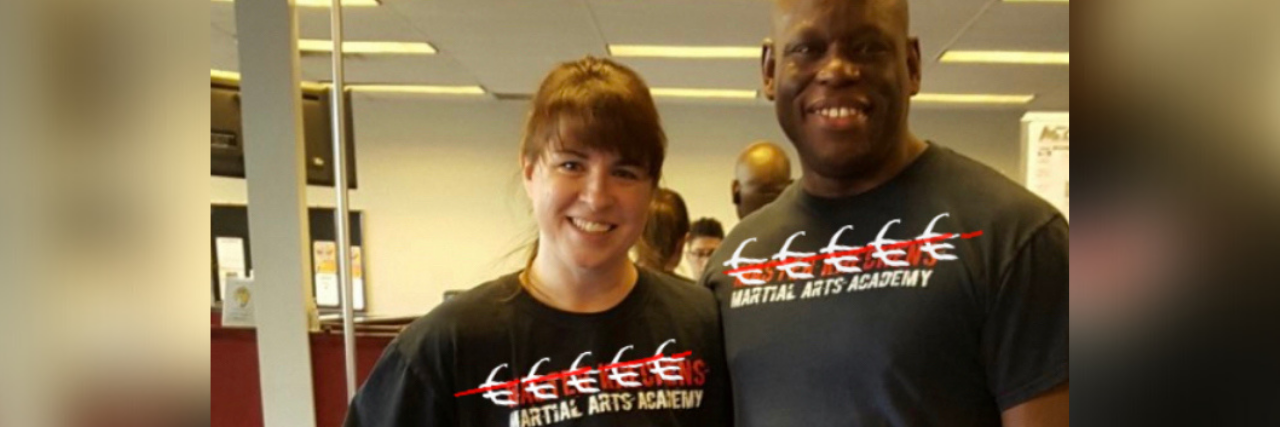Why Medical Access Should Not Require a Black Belt in Mental Health
Let’s be honest, it’s been a year for everyone all across the globe. The pandemic has tried all of us in ways that we never thought possible. In a strange way it has also united us. Discussions about mental health have brought both conversations and interventions into mainstream life. As we begin to come out of this cocoon and patients with rare diseases and chronic conditions begin to return for routine follow-up care and new referrals, it is becoming more apparent that malevolent interactions in many office settings have yet to catch up to these new mental health norms. The pandemic has taught us that mental health deserves to be recognized on a daily basis and we each have a responsibility in how we interact with one another regardless of station, as human beings with a shared experience.
• What is Ehlers-Danlos Syndrome?
• What Are Common Ehlers-Danlos Syndrome Symptoms?
Medical access and mental health have historically intersected for patients. The current global recognition that mental health is a sentry to our well-being requires that we as a community now address the mental health implications that patients experience while accessing medical care. Our time in hibernation has brought forth the unique opportunity for us to emerge with a new healthier construct for patient-physician interactions.
As a patient with Ehlers-Danlos syndrome (EDS), mast cell activation syndrome, complex PTSD and a history of cancer I fit into both rare and chronic disease. I have always strived to accept I have a disease yet not let that disease define me. This practice has strengthened my mental resolve and served to help me weather many a storm.
That mental resolve quickly dissolves, however, when physicians approach office visits as an opportunity to dress me down. It happens fast and without notice so a person can be left to feel they have just experienced some type of assault. It is a trigger that historically has been repeated for far too long.
I understand that my patient responsibility extends beyond my HIPPA form, office policy and payment schedule. I prepare. I make copies of medication lists and surgeries to expedite time spent on those items. I write out one to three specific questions to target and keep conversations on track. I understand that my physician is not my therapist. I have accepted that secondary to my rare and chronic situation a particular physician I am being referred to my not be familiar with or agree with my diagnosis. I am prepared.
What I have not been prepared for is open mockery, laughing, rapid fire questions and being cut off mid-sentence. This unfortunately has been my experience along with many other chronic and rare disease individuals. The manner in which medical professionals approach patients directly impacts those same patients’ mental health, whether they are formally diagnosed with a condition or not. Medical professionals have a responsibility in this partnership as well. That sounds like a bold statement, but it is actually an invitation. We now know better and as a global community must work together to do better.
Do No Harm does not just apply to procedures, surgeries and prescriptions. The mental health of patients is not just reserved for collogues who specialize in that field. The Duty of Care by physicians extends to their verbal interaction with patients. The ethical principal of the Art of Medicine implores us to recognize the importance of mental health in conversations being held in offices around the world.
In light of our new global awareness surrounding mental health in our daily lives, it is essential that we now literally change the conversations taking place in medical offices on a daily basis across the globe. If the pandemic has taught us anything, it is that we need to bring forward a new mentally healthier patient-physician construct.
Image via contributor

